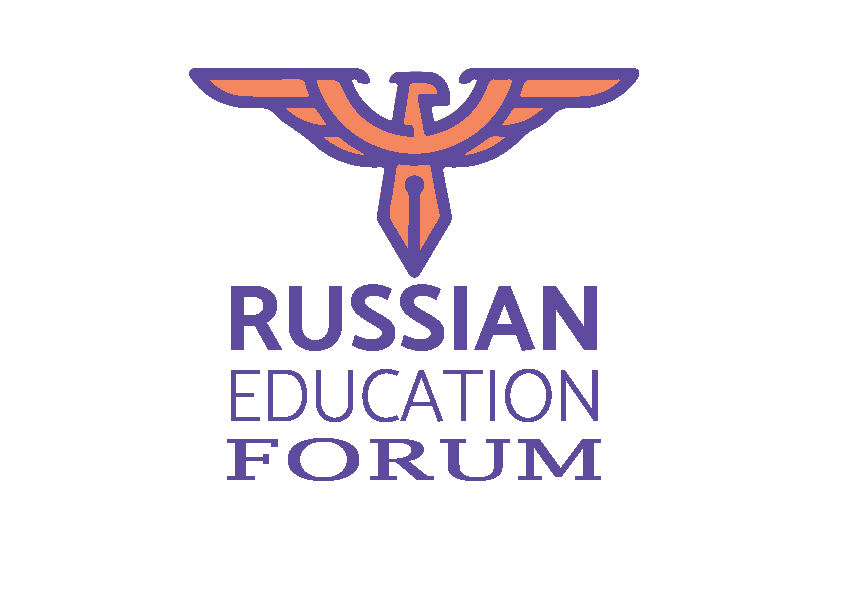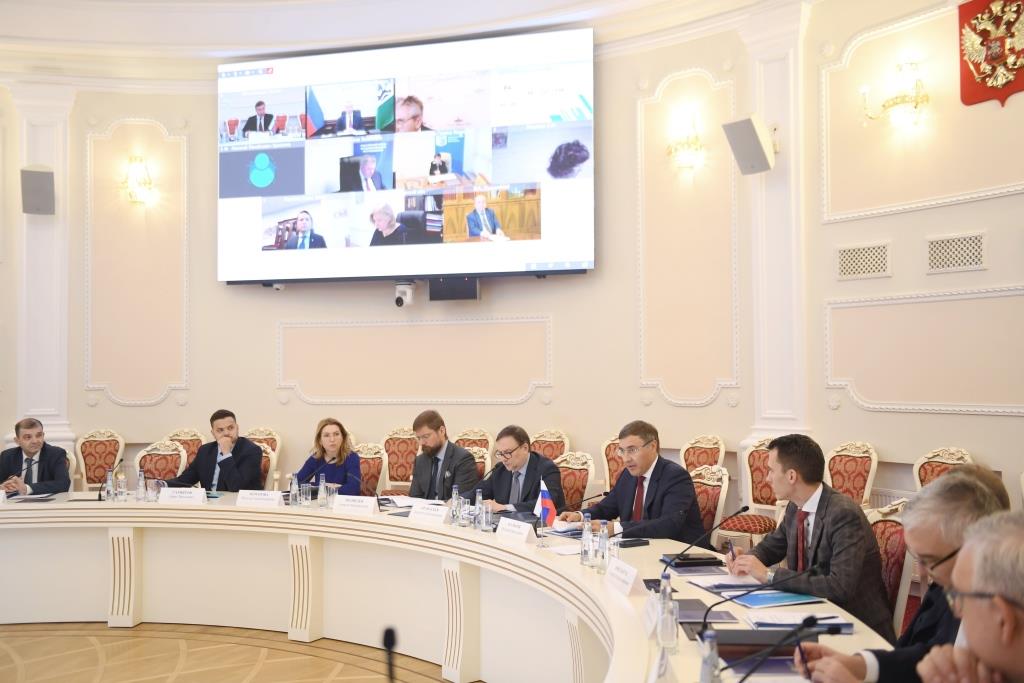This became known during a meeting of the collegium of the Ministry of Education and Science of Russia, which was chaired by the Minister of Science and Higher Education of the Russian Federation Valery Falkov.
The meeting discussed the results of the implementation of the national project “Science and Universities”, the distribution of budget places in Russian universities, mechanisms for the implementation of network programs at universities, and the creation of the first in Russia Network University of Fundamental Sciences and Technologies.
“We have reached a fairly high level of accessibility of higher education in the regions by increasing the target numbers for admission. Today we need to show the rapid growth of the quality of education – this is necessary for employers and the development of the economies of the subjects. This will help the implementation of network programs. They can be supported within the framework of the Priority 2030 program, which gives us new tools for the development of universities. Networked programs will allow leading universities to help those universities that are still growing. At the same time, it is necessary not only to draw up joint curricula and implement student mobility, which is in great demand among young people today but also to make sure that, as a result of network learning, students find jobs in the region in which there is a need for personnel, “said Valery Falkov …
Recall that the online form of education allows students to receive an education using the resources of several universities, including foreign ones, as well as scientific and other organizations, companies, and enterprises. This makes it possible for universities to improve the quality of personnel training and the attractiveness of educational programs.
The meeting discussed a project to create a Network University of Fundamental Science and Technology. The day before, the project was presented to Russian President Vladimir Putin and received approval. The university aims to train scientists and engineers to solve the problems of developing a new technological order.
The participants of the meeting summed up the results of the implementation of the national project “Science and Universities”. Today, the project is almost 90% completed, and among the most important activities completed is the launch of the Priority 2030 university support program, the completion of the competitive selection for the formation of 15 world-class research and educational centers, the creation of a network of university campuses and the opening of 120 youth laboratories, where the majority of employees – researchers under the age of 39.
Marine scientific research was carried out within the framework of the national project. 22 sea expeditions took place, in which more than 500 people took part, half of them were young scientists.
The meeting discussed the distribution of budgetary places in Russian universities. It is planned for the 2023/2024 academic year to provide Russian universities with 590 thousand budget-funded places. This will provide at least half of school graduates with free higher education, and a third of undergraduate graduates will be able to continue their studies in a magistracy on a budgetary basis. In total, since 2018, the number of budget-funded places has grown by almost 50 thousand. At the same time, the largest growth rate is observed for residency training – over the past six years, their number has increased by 80% (from 11 thousand to 19.7 thousand). When distributing the admission control figures by region, it is planned to take into account the results of the past population census.
This became known during a meeting of the collegium of the Ministry of Education and Science of Russia, which was chaired by the Minister of Science and Higher Education of the Russian Federation Valery Falkov.
The meeting discussed the results of the implementation of the national project “Science and Universities”, the distribution of budget places in Russian universities, mechanisms for the implementation of network programs at universities, and the creation of the first in Russia Network University of Fundamental Sciences and Technologies.
“We have reached a fairly high level of accessibility of higher education in the regions by increasing the target numbers for admission. Today we need to show the rapid growth of the quality of education – this is necessary for employers and the development of the economies of the subjects. This will help the implementation of network programs. They can be supported within the framework of the Priority 2030 program, which gives us new tools for the development of universities. Networked programs will allow leading universities to help those universities that are still growing. At the same time, it is necessary not only to draw up joint curricula and implement student mobility, which is in great demand among young people today but also to make sure that, as a result of network learning, students find jobs in the region in which there is a need for personnel, “said Valery Falkov …
Recall that the online form of education allows students to receive an education using the resources of several universities, including foreign ones, as well as scientific and other organizations, companies, and enterprises. This makes it possible for universities to improve the quality of personnel training and the attractiveness of educational programs.
The meeting discussed a project to create a Network University of Fundamental Science and Technology. The day before, the project was presented to Russian President Vladimir Putin and received approval. The university aims to train scientists and engineers to solve the problems of developing a new technological order.
The participants of the meeting summed up the results of the implementation of the national project “Science and Universities”. Today, the project is almost 90% completed, and among the most important activities completed is the launch of the Priority 2030 university support program, the completion of the competitive selection for the formation of 15 world-class research and educational centers, the creation of a network of university campuses and the opening of 120 youth laboratories, where the majority of employees – researchers under the age of 39.
Marine scientific research was carried out within the framework of the national project. 22 sea expeditions took place, in which more than 500 people took part, half of them were young scientists.
The meeting discussed the distribution of budgetary places in Russian universities. It is planned for the 2023/2024 academic year to provide Russian universities with 590 thousand budget-funded places. This will provide at least half of school graduates with free higher education, and a third of undergraduate graduates will be able to continue their studies in a magistracy on a budgetary basis. In total, since 2018, the number of budget-funded places has grown by almost 50 thousand. At the same time, the largest growth rate is observed for residency training – over the past six years, their number has increased by 80% (from 11 thousand to 19.7 thousand). When distributing the admission control figures by region, it is planned to take into account the results of the past population census.











